Before I had a home, parts of my childhood were spent in and out of a surgery-turned-housing-institution for individuals with intellectual and developmental disabilities (I/DD) in Western New York. When I returned as an adult years later to work on campus, I could still smell the Band-aids in the air and a mixed emotional flood of memories came rushing back.
While my time in New York State’s system of care was one that I came out of relatively unscathed, I know that is not the case for others like me.
For me, last week’s premiere of the movie “Remembering Willowbrook” was a painful trip back in history to when New York warehoused individuals with I/DD in unspeakable conditions. Unfortunately, it was not until Geraldo Rivera’s 1970s television expose where he brought these atrocities into living rooms across the nation that public outcry, and ultimately the court system, brought this inhuman institutionalization to an end.
From my childhood in the care services system to now serving as the co-vice president of the Self Advocates of the Association of New York State, I can thankfully say that today’s system of support for New Yorkers with disabilities looks much different. With residences in neighborhoods, day programs interspersed throughout communities, and people with disabilities working in businesses across our state, we have made progress.
However, the “stink” of Willowbrook has crept back into the system in recent years, as more than a decade of disinvestments has created a severe staffing crisis. I see firsthand how many of the care services staff who do remain are left with increasingly impossible workloads – and certainly no time to “care” for those they support.
Gov. Kathy Hochul has spoken about her childhood experience when her parents took two individuals with disabilities out of institutions in Western New York to live in their family home. She intimately understands New York’s dangerous history and the imperative not to repeat it. Yet, in her 2024 budget proposal, she included a mere 2.5% Human Services Cost-Of-Living-Adjust (COLA) for nonprofit disability service provider organizations – when an 8.5% COLA is the bare minimum necessary to maintain the already inadequate status quo.
Adding insult to injury, the executive budget proposal also calls for increasing state-employed direct support staff to $23/hour upstate and $25/hour downstate, while nonprofit employed direct support staff have a starting wage of $16.07/hour, creating a drastic inequality between how state-operated agencies are treated versus the not-for-profit sector. There should be no bias when recognizing this essential care services workforce.
As the final budget negotiations take place, I urge all members of the Assembly and Senate – and especially Hochul – to take 25 minutes to view “Remembering Willowbrook,” to reflect on its lessons and to commit themselves to make the 8.5% Human Services COLA for New Yorkers with disabilities a priority in the 2024 state budget.
We should all be in this fight for a better system of care together. The system is in a dark place, and we must all work together to bring it into the light once again. Our work is meant just not for the individuals in it currently but also for the future generations to come. If we do not act now, then Willowbrook will return and that is simply unacceptable.
BJ Stasio is co-vice president of the Self Advocates of the Association of New York State (Western Region).
